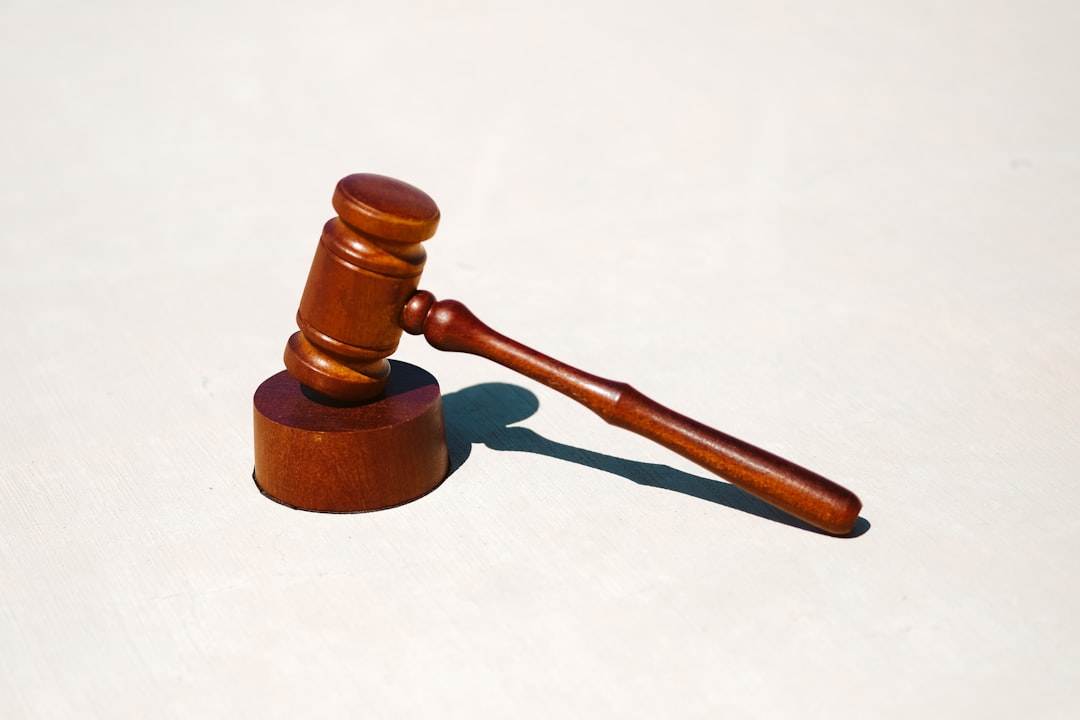In the digital age, social media evidence is crucial for sexual assault cases in Georgia, offering powerful tools to attorneys while presenting complex challenges. Atlanta legal professionals must navigate admissibility standards, privacy concerns, and ethical considerations to effectively represent clients, balancing justice with respect for individuals' rights. Social media analysis provides insights but requires careful handling to avoid prejudice and ensure confidential representation for survivors.
In the digital age, social media has become a double-edged sword in sexual assault cases. This article explores how Atlanta’s legal professionals leverage and navigate the complex role of online evidence, from understanding the impact of social media on victims’ lives to addressing legal challenges and privacy concerns. We delve into the ethical use of digital footprint analysis, examining its potential as a powerful tool for sexual assault attorneys in Georgia while supporting survivors with compassion.
Understanding the Impact of Social Media Evidence

In the digital age, social media platforms have become a double-edged sword, offering both potential benefits and significant challenges in legal proceedings, particularly in sexual assault cases. For Atlanta-based sexual assault attorneys, navigating this landscape is crucial to ensuring justice. The impact of social media evidence cannot be understated; it provides a window into the private lives of individuals, revealing interactions and statements that may hold substantial weight in court.
With the vast amount of information shared publicly, investigators and legal professionals can uncover digital remnants that shed light on the circumstances surrounding an assault. However, handling this evidence requires delicate consideration to avoid any potential biases or misunderstandings. As a sexual assault attorney in Georgia, understanding how social media can both assist and complicate cases is essential for delivering effective representation.
Legal Challenges in Using Digital Footprint in Sexual Assault Cases

The digital age has brought both opportunities and challenges in the legal system, particularly in sexual assault cases. One significant challenge is navigating the use of a defendant’s digital footprint as evidence. With social media platforms storing vast amounts of user data, including posts, messages, and online activities, it may seem like a goldmine for prosecutors. However, legal experts in Atlanta, led by experienced sexual assault attorneys, face hurdles when presenting this type of evidence in court.
The admissibility of digital footprint evidence is subject to strict legal standards. Attorneys must address concerns related to data privacy, ensuring the source and integrity of the data, and respecting the defendant’s constitutional rights. Moreover, Georgia laws regarding electronic surveillance and the Fourth Amendment protections create complex scenarios for sexual assault cases relying on social media evidence. As a result, a delicate balance is required when utilizing digital footprint as part of a legal strategy, especially in a city like Atlanta where technology-savvy residents might be more inclined to challenge such methods.
The Role of Online Behavior Analysis for Atlanta Attorneys

In the digital age, online behavior analysis has emerged as a powerful tool for Atlanta sexual assault attorneys. By examining an individual’s social media activity, legal professionals can uncover crucial evidence and gain valuable insights into their client’s or defendant’s actions and motivations. This method allows lawyers to navigate complex cases with enhanced understanding, particularly when dealing with cybercrimes.
Atlanta attorneys skilled in this technique can analyze online interactions, posts, and messages to establish patterns indicative of suspicious behavior or even potential sexual assault. Such analysis can provide a deeper context for investigations, potentially strengthening legal strategies for both prosecution and defense. It offers a unique perspective that may not be apparent through traditional means, thus ensuring a more comprehensive approach when representing clients in Georgia’s courtrooms.
Privacy Concerns and Their Influence on Prosecution Decisions

In Atlanta, privacy concerns surrounding social media play a significant role in the handling of sexual assault cases. The digital footprints left by victims and accused alike on platforms like Facebook, Instagram, and Twitter can be a double-edged sword. While this information may provide crucial insights into the circumstances leading up to an incident, it also raises sensitive issues regarding privacy rights. Sexual assault attorneys in Georgia must navigate these complexities, ensuring that any use of social media evidence is admissible and does not infringe upon individual privacy.
Prosecution decisions in sexual assault cases often weigh the potential probative value of social media posts against the possibility of prejudice or misconstruction. For example, a victim’s online communications might offer context but could also be misinterpreted out of context. Defense attorneys can exploit such ambiguities to challenge the credibility of the case, making it imperative for prosecutors to handle digital evidence with care. This delicate balance between justice and privacy is central to how social media influences the legal process in Atlanta.
Supporting Survivors: Ethical Use of Social Media by Legal Professionals

In the context of sexual assault cases, social media can serve both as a double-edged sword. While it facilitates survivors’ ability to share their stories and find support from communities, it also raises ethical concerns regarding privacy and potential re-traumatization. Legal professionals in Atlanta, such as sexual assault attorneys, must navigate this complex landscape with utmost care.
Ethical use of social media involves respecting the privacy and dignity of survivors. This means refraining from sharing sensitive information publicly and ensuring that any online interactions are confidential and supportive. For instance, a sexual assault attorney in Georgia should avoid posting case details or using survivor stories for promotional purposes. Instead, they can leverage social media platforms to raise awareness about resources available to victims, offer legal advice, and foster an environment of understanding and support for survivors.






